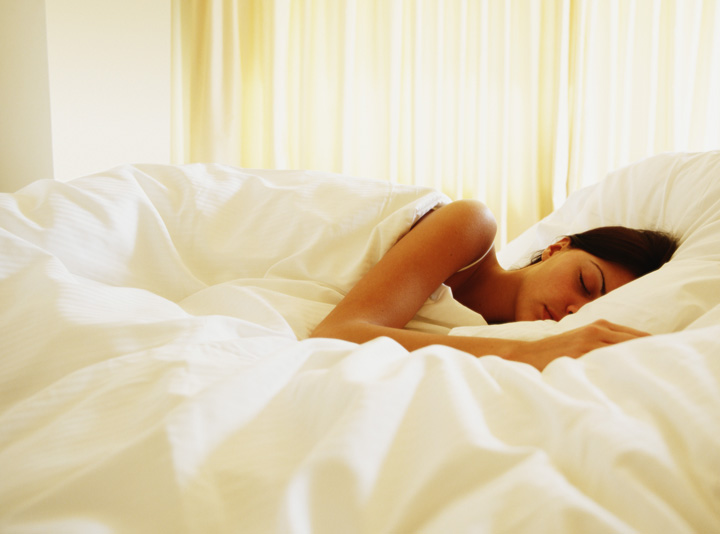
8 foods to help you sleep better
Suffering from insomnia? Have trouble sleeping? It might be something you ate. We are here to tell you which foods will help you sleep better, and might even improve the quality of your sleep.
Sleep is one of the pillars of our life, but like everything else good in life; we only become aware of its value when we lose it. There’s nothing like a sleepless night followed by an exhaustingly day of tiredness to make us value a good night’s sleep (or afternoon nap). Don’t believe us? Just ask any new parent. Good, quality sleep is worth its weight in gold.
If you’re past the age when you could scarf down a hamburger at 3am without feeling the consequences, then you must have noticed by now that certain foods affect your sleep. In the case of the late night burger, those implications are most likely to be unpleasant (heartburn, stomachache, etc.). However, there is another way to go; there are foods that, when eaten shortly before your bedtime, may assist you to fall asleep and even improve the quality of your sleep and help you sleep better. Here are a few of them:
1. Cherries
Cherries are among the few natural foods that contain melatonin- the chemical responsible for our biological clock, and which regulates our circadian rhythm. One study has found that drinking sour cherry juice has somewhat improved the duration and quality of sleep in adults suffering from insomnia. People who travel the world a lot often take melatonin pills to relieve the effects of jetlag, so the next time you return from a trip abroad and have trouble readjusting to the local time – try eating some cherries; it surely won’t hurt.
2. Jasmine Rice
Jasmine rice has a high glycemic index, which means the body digests it slowly, releasing sugar slowly and gradually into the bloodstream. A research published in the American Journal of Clinical Nutrition in 2007 found that eating jasmine rice four hours before bedtime helps people fall asleep faster.
3. Yams \ Sweet Potatoes
Yams pack a double advantage for those interested in improving the quality of their sleep. In addition to being a complex carbohydrate, they also contain potassium, which helps relax the muscles of the body. Other sources for potassium are potatoes (baked, with the skin on), lima beans, and papaya.
4. Herbal tea – Valerian and Chamomile
A number of studies have found that the root of the valerian plant speeds up the process of falling asleep, and improves the quality of sleep. Some claim that drinking brews made of valerian, chamomile, and calendula plants (all decaffeinated), has a sleep- inducing effect. However, others claim that the cause for sleepiness isn’t the plants themselves, but rather the ritual of preparing and drinking the tea before bed.
5. Milk
You may have noticed that in American movies and TV shows, a child who is having trouble sleeping is often given a glass of warm milk to help him sleep better. This is no Hollywood folk remedy – milk contains the amino acid tryptophan, which is one the materials involved in the production of serotonin in the brain. Although the subject is debatable, some believe that tryptophan and serotonin make falling asleep easier.
6. Bananas
Bananas aid in falling asleep because they contain potassium and magnesium – natural substances responsible for relaxing the body’s muscles. They are also considered carbohydrates, the digestion of which is also related to sleepiness. Regardless of sleep, bananas are a winning ace; the contain an abundance of vitamins and minerals that are necessary to us.
7. Turkey
Like milk, turkey also contains tryptophan, and that might be the reason for the drowsiness that tends to attack American Thanksgiving diners at the end of their meal. However, don’t count on a heaping plate of turkey to solve your insomnia; the amount of tryptophan in turkey meat is relatively small, and provide a small push for those having trouble falling asleep, but is in no way a remedy for chronic sleeping problems.
8. Breakfast cereal
Eating carbs in general benefits sleep, but cramming a bag of cookies right before you go to bed is probably not the best idea. Instead, try eating a bowl of whole cereal for dinner (with milk, which has its own contribution for sleep- tryptophan, remember?). If the idea of eating cereal in the evening doesn’t appeal you, you can choose a different complex carbohydrate, like quinoa, grits, or buckwheat for instance.

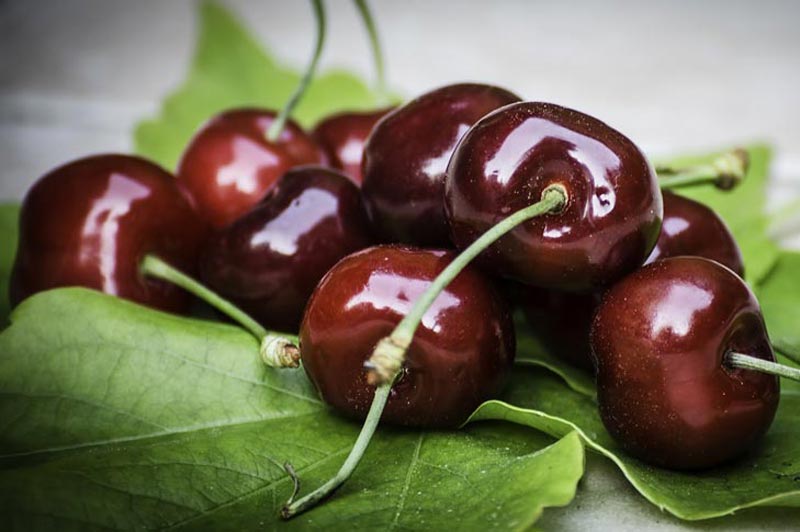
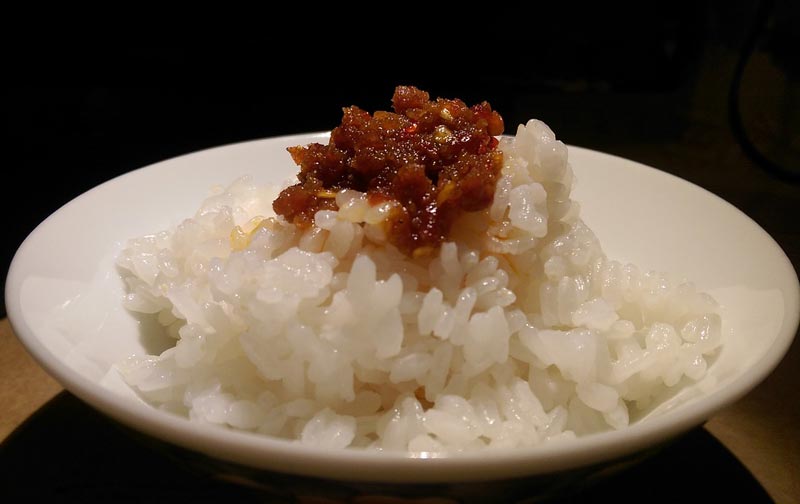
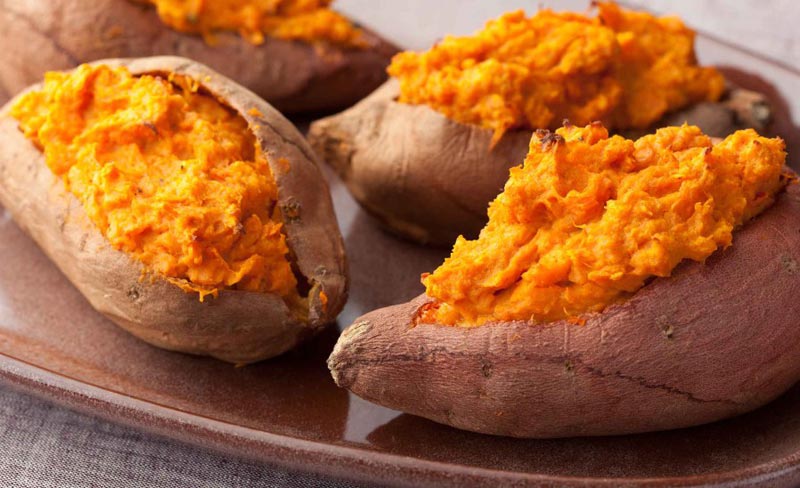
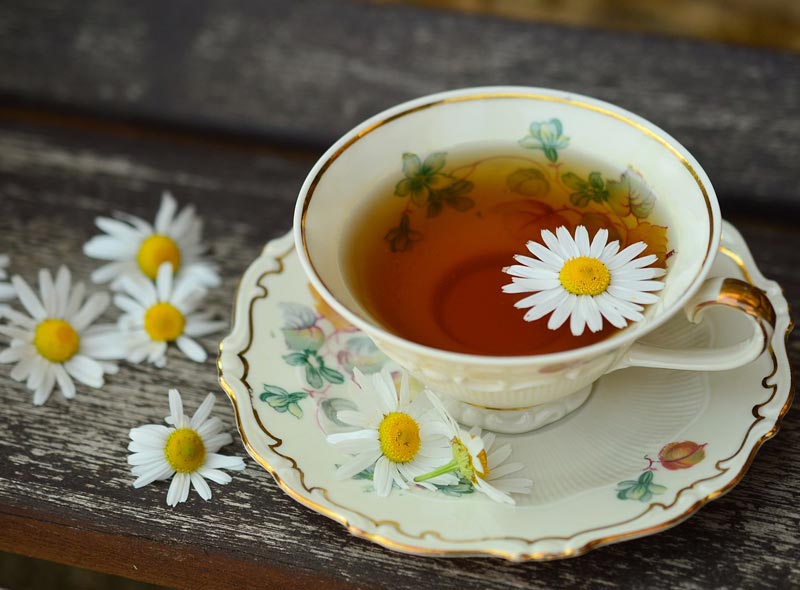

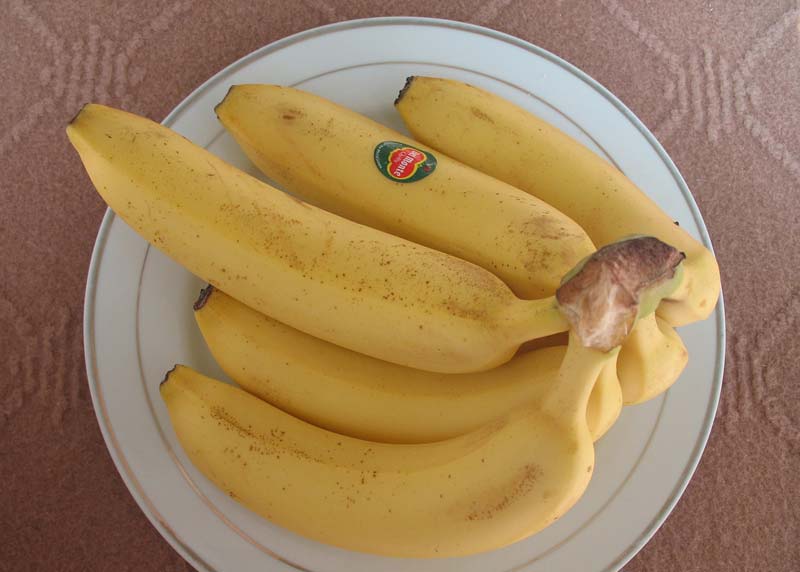
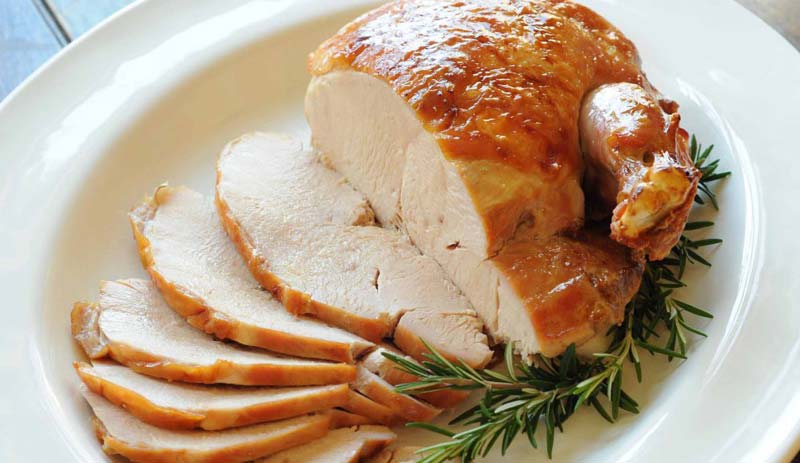
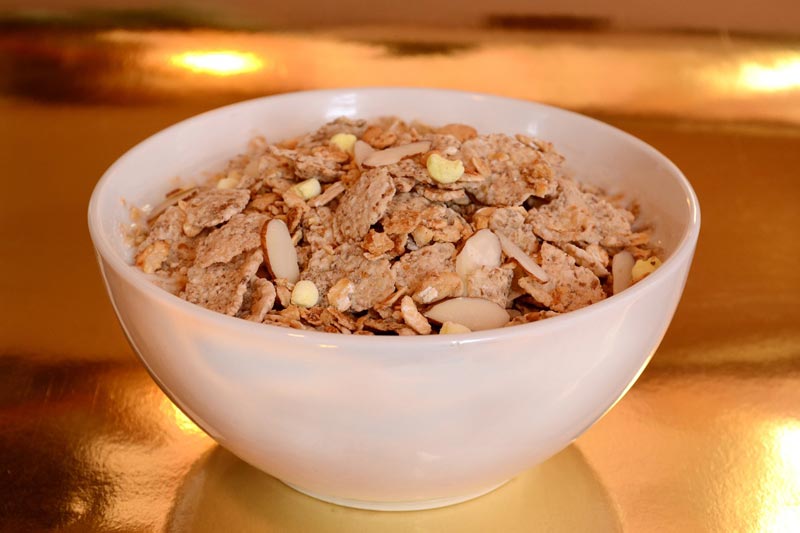


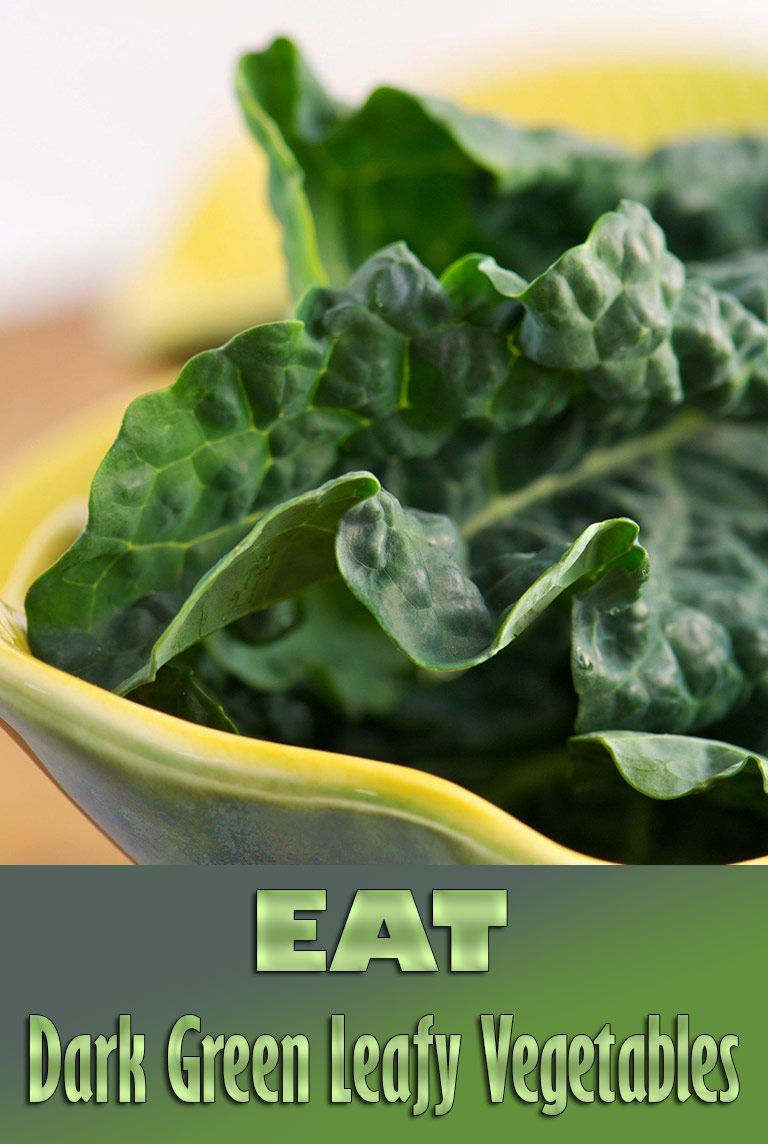
Leave a Reply